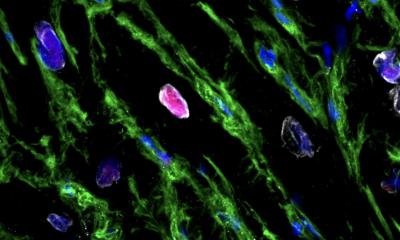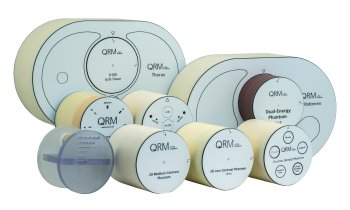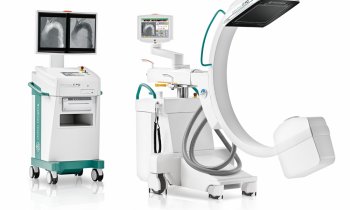CVD specialists meet footballers
World's first symposium on sudden death syndrome among European athletes
The world's first symposium on the molecular analysis of sudden death syndrome (SDS) among athletes drew in leading cardiovascular researchers and several top Spanish footballers. Sponsored by Applied Biosystems, and held in the Madrid's Hospital Clinico San Carolos, the I Symposium de Prevención en el Futbol aims to initiate the development of new tests to identify sports players at SDS risk.
This syndrome, most common in men under 40, generally causes immediate cardiac arrest during strenuous exercise. Reports of unexpected deaths of young men participating in marathons, cycling races and football matches are not unusual. Sudden death can be caused by a variety of diseases or genetic factors. Genetic causes usually have no symptoms, so professional athletes at risk of the syndrome can appear to be in peak physical condition during routine medical and fitness checks. Currently available CVD tests are usually insufficient to detect an individual at risk of SDS – only a genetic test will provide the required accuracy and reliability.
A roundtable discussion ensued on methods to identify specific molecular or genetic changes in people at risk. Applied Biosystems points out that these biomarkers could be used to develop a test panel for screening football players or other sportsmen to identify their risk of sudden death. There are several known genetic causes of sudden adult death, including abnormalities of the heart muscles, and malfunctioning of ion channels – vital cellular structures through which ions (e.g. calcium, potassium or sodium) pass in or out during a heart’s normal functioning. Malfunctions of these channels can result in cardiac arrest. Several ion channel abnormalities have been identified that are known to increase the risk of sudden cardiac arrest, including long QT syndrome and Brugada syndrome.
01.09.2008









